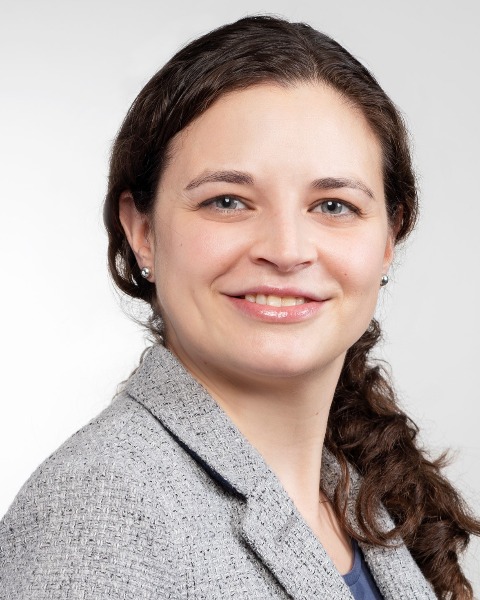Dissemination & Implementation Science
Improving precision in matching healthcare workers to appropriate mental health supports during the COVID-19 pandemic
(PS5-C63) Improving Precision in Matching Healthcare Workers to Appropriate Mental Health Supports During the COVID-19 Pandemic
- MP
Matteo Pieri, PhD
Clinical Research Coordinator
Perelman School of Medicine at the University of Pennsylvania
Philadelphia, Pennsylvania - MW
Michal Weiss, B.S.
Clinical Research Coordinator
Perelman School of Medicine at the University of Pennsylvania
Philadelphia, Pennsylvania - EB
Emily M. Becker-Haimes, Ph.D.
Assistant Professor
University of Pennsylvania
Philadelphia, Pennsylvania 
Courtney Wolk, Ph.D.
Assistant Professor
Perelman School of Medicine at the University of Pennsylvania
Philadelphia, Pennsylvania
Author(s)
Co-Author(s)
Objectives: To examine the clinical characteristics of employees who use a lay coaching service (the Coping First Aid [CFA] program) and require escalation to a higher level of care. We developed CFA at the onset of the COVID-19 pandemic. CFA is delivered by lay health volunteers referred to as Resilience Coaches. CFA is hosted on a digital platform (Penn COBALT), which provides a suite of behavioral health and wellness supports to Penn Medicine affiliates. CFA is grounded in principles of Psychological First Aid and therapeutic micro skills and was adapted specifically for COVID-19. Methods: We will examine clinical characteristics (e.g., presenting problem) of CFA clients who (1) require escalation to professional mental health services compared to clients who are deemed appropriate to remain in CFA; and (2) require above the median number of sessions with a Resilience Coach compared to clients who attend the median or fewer sessions. Results: To date, 262 clients have completed a total of 492 sessions with 33 trained Resilience Coaches in the CFA program. The median number of sessions attended was 1.0. During 104 (21.1%) sessions, clients were referred to professional mental health services. Preliminary chi-square analyses suggest that clients who were referred to professional mental health services were significantly (p ≤ .05) more likely to report symptoms of isolation/withdrawal, acute grief, sadness/tearfulness, fatigue/exhaustion, and intrusive thoughts/images compared to clients who did not receive a referral to a professional. Clients (n = 93) who attended > 1 session were significantly more likely to report symptoms of isolation/withdrawal and sleep difficulties compared to clients who attended a single session. The program continues to operate; analyses are ongoing. Conclusion: These results provide potential clinical characteristics to monitor that may help identify healthcare workers requiring higher levels of care. The ultimate goal is to develop a process for better detecting client needs at intake to more efficiently match individuals to the most appropriate levels of care from the outset.
Background: The need for emotional support interventions for faculty and staff in medicine to bolster wellbeing and prevent burnout is well-demonstrated. Health systems and universities have enhanced mental health and wellness support services for employees during the COVID-19 pandemic. Given unprecedented demand for mental healthcare, services that leverage lay providers are critical for preserving limited professional mental health resources for those who truly need them. However, there is limited understanding of who is most likely to benefit from such lower-tier services and who needs more immediate escalation to professional mental health care. Identifying predictors of employees in need of escalation can help inform personalization of lay services.

